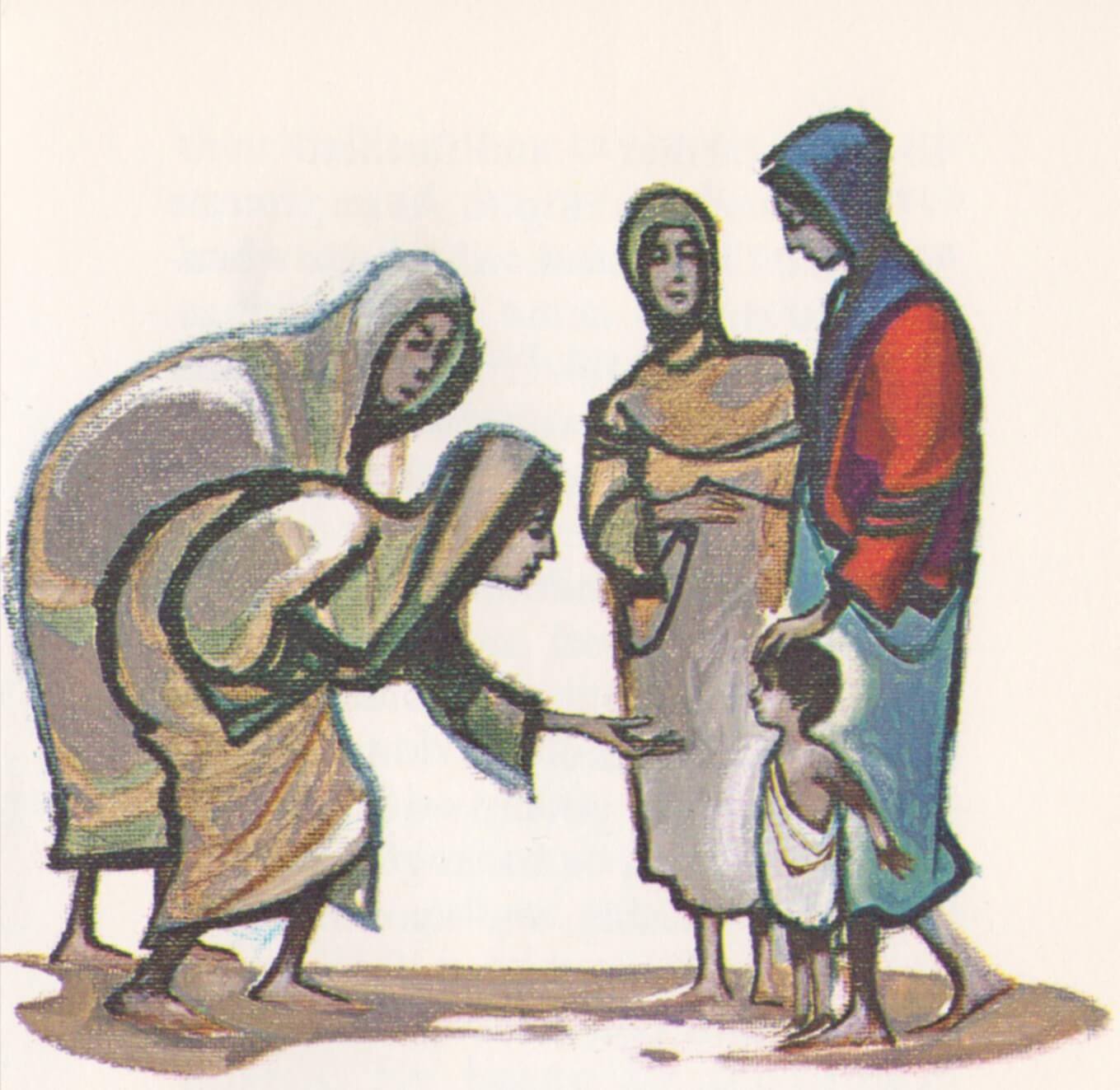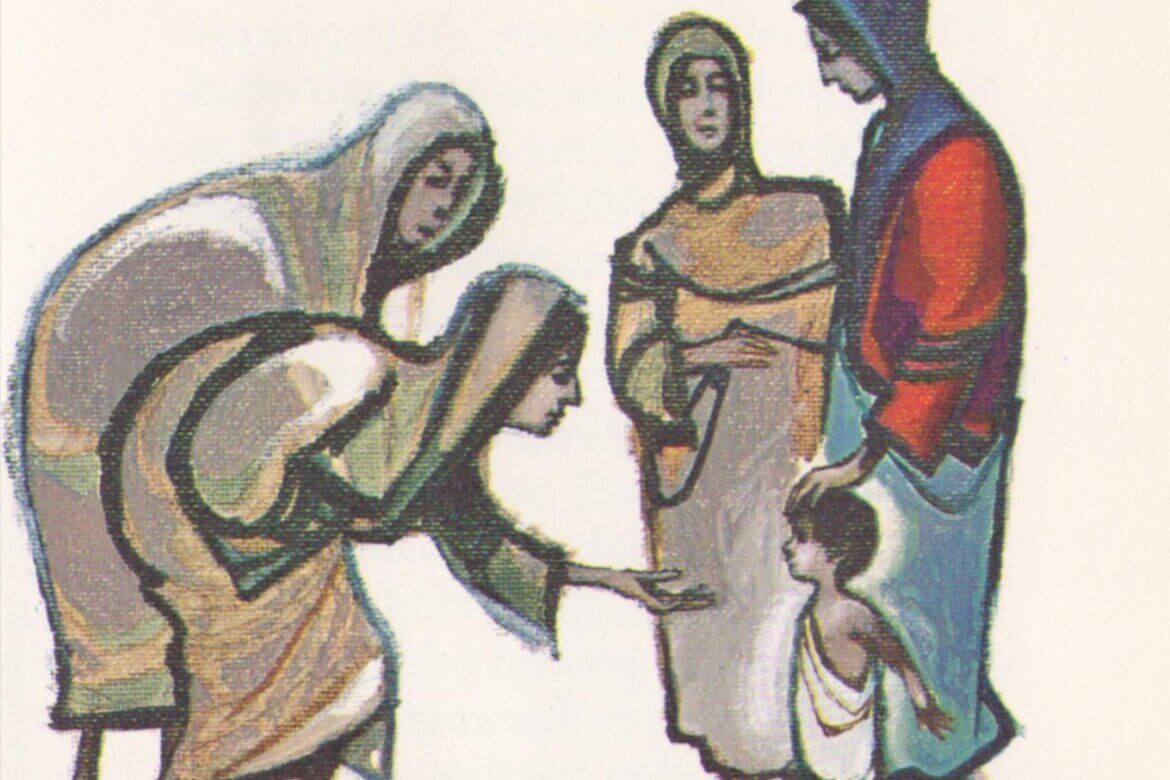Pope’s Visit Should Push Catholic Leadership on Reconciliation
Michael W. Higgins, Vancouver
Volume 35 Issue 10, 11 & 12 | Posted: December 21, 2021

It has finally happened. Delayed, obstructed, tepidly advanced, but finally realized. The Pope is coming to Canada.
The reasons for this protracted negotiation – bringing him to Canada in response to Call to Action number 58 of the Truth and Reconciliation Report, which calls on the Pope to “issue an apology to survivors, their families, and communities for the Roman Catholic Church’s role in the spiritual, cultural, emotional, physical and sexual abuse of First Nations, Inuit and Métis children in Catholic-run residential schools” – are fodder for church historians, canonists and archivists.
What matters now is that the visit is on, as agreed by the Vatican and the Canadian Conference of Catholic Bishops. The time and itinerary are still being worked out, but what is clear is the primary intention for this particular papal visit: “a pilgrimage of healing and reconciliation.”
No doubt, the particulars around the visit will be discussed at the unprecedented gathering in Rome from Dec. 17-20 of representatives of Canada’s First Nations, Métis, and Inuit with Pope Francis. It is unprecedented in its length, scope and extended face time with the Pope.
Still, the waters of communication and understanding have been so muddied that clarity – around expectations, strategies of restitution, legal versus moral accountability, the limitations of papal authority and the responsibilities of local church leaders – is essential.
Principle of Discovery
For instance, to what degree is a pope held hostage to previous papal teaching, encyclicals, etc.? Much has been made of the Spanish Borgia Pope Alexander VI’s bull Inter Caetera (1493) enshrining what we now know as the “principle of discovery,” in essence disempowering Indigenous peoples in the interest of crown and altar.
But it is also true that the reforming pontiff Paul III issued his bull Sublimis Deus (1537), ordering that the conquered peoples of the New World were not to be in any way enslaved, deprived of their property or their liberty. As the conquistadores pursued their rapacious ends accompanied by zealous friars intent on imposing salvation, there were Catholic voices crying in the wilderness denouncing every Francisco Pizarro and Hernan Cortes. Not all were onside with the imperium.
The moral witness, for instance, of Spanish bishops Bartolomé de las Casas and Francisco de Vitoria and the Jesuits in Paraguay, all of whom advocated vigorously on behalf of the Indigenous peoples, is the exception. The church hierarchy’s preferred strategy was to work hand-in-glove with the state authorities.
The residential schools legacy in Canada is part of this history of suppression of Indigenous peoples in the Americas. It is a heinous part with residual aftershocks that demand justice in our time – justice too frequently stymied by the fears of squabbling politicians and nervous clerics.
When Pope Francis visits Canada, it will be as an agent of healing, a penitent humbly listening, working with all the relevant parties to restore a shattered trust, addressing the abuses committed in schools under Catholic supervision. But he is not the final authority in the matter.
The primary responsibility for atoning for the sins of the past resides with the Canadian Catholic community, principally its leadership, and any effort to scapegoat the Pope by detractors and disciples alike will fail. It is our legacy and we must own it.
Institutional Pathologies
We need to look at the spiritual and institutional pathologies that diminish us. Pierre Claverie, the Bishop of Oran, who was murdered during the Algerian Civil War in 1996, spoke eloquently of the need to view the “other” in a way that honours their difference: “Encounter, co-existence, dialogue, friendship are only possible on the basis of difference being recognized and accepted. To love the other in their difference is the only possible way of loving. Otherwise, we tear each other apart.”
And tearing each other apart is what we have been doing for centuries. Canadian government leaders and educators such as Sir John A. Macdonald and Egerton Ryerson saw our Indigenous peoples as a problem to be solved, not a presence to be treasured. We should remember that their Victorian-bred policies enjoyed near universal support. We are all complicit.
It is precisely because we the settlers – the occupiers, the interlopers – have not loved our Indigenous neighbours in their unique difference and reverenced them as the “other” deserving of respect, but rather have sought to assimilate them, and doom a people and a voice to extinction, that we now face the urgent moral reckoning of a church, a government and a country.
There are rich resources in the Catholic intellectual and spiritual tradition that, if tapped, can help us with a course correction.
If Francis can help effect that change, then bringing him to Canadian soil is a mighty good thing.
Michael W. Higgins is principal/president of St. Mark’s and Corpus Christi Colleges, University of British Columbia and a senior fellow of Massey College.
Michael W. Higgins, Vancouver

